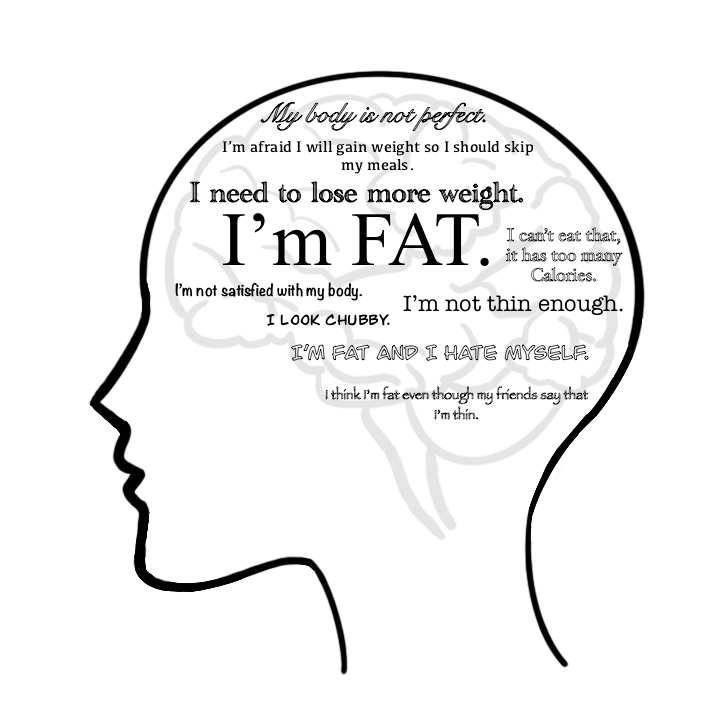Untreated, anorexia nervosa can lead to:
( Webmd, 2020 )

Eating Disorder :
Anorexia Nervosa

Anorexia nervosa is an eating disorder characterised by weight loss (or lack of applicable weight gain in growing children); difficulties maintaining an applicable weight for height, age, and stature; and, in several people, distorted body image. Individuals with eating disorder usually prohibit the quantity of calories and the sorts of food they eat. Some individuals with the disorder conjointly exercise obsessionally, purge via regurgitation and laxatives, and/or binge eat.
Anorexia will influence individuals of all ages, genders, sexual orientations, races, and ethnicities. Historians and psychologists have found proof of individuals displaying symptoms of eating disorder for a whole lot or thousands of years.
Although the disorder most often begins throughout adolescence, an increasing variety of youngsters and older adults also are being diagnosed with eating disorders. You can not tell if someone is scuffling with an eating disorder by gazing at them. Someone doesn't have to be compelled to be gaunt or lean to be troubled. Studies have found that larger-bodied people also can have eating disorders, though they'll be less likely to be diagnosed because of cultural prejudice against fat and obesity.
( NEDA,2021,Learn section )
( Eatingdisorders.org, 2019 )
( Mayo Clinic, 2018 )

( Webmd, 2020 )
Unfortunately, many people with anorexia don't want treatment, at least initially. Their desire to remain thin overrides concerns about their health. If you have a loved one you worry about, urge her or him to talk to a doctor.
If you're experiencing any of the problems listed above, or if you think you may have an eating disorder, get help. If you're hiding your anorexia from loved ones, try to find a person you trust to talk to about what's going on. You can find help under the links on our website.
( AWARE, 2021 )
Anorexia is an incredibly serious mental illness and has the highest mortality rate of any psychiatric illness. Extreme food restriction can lead to starvation, malnutrition and a dangerously low body weight — all of which are synonymous with a host of health problems. It is possible to recover from anorexia nervosa, even if a person has been living with the illness for many years. The path to recovery can be long and challenging, however, with the right team and support, recovery is possible. Some people may find that recovery brings new understanding, insights, and skills.
( Nedc, 2020)